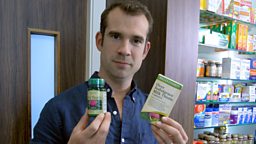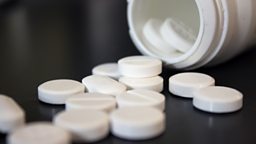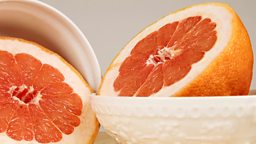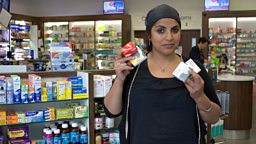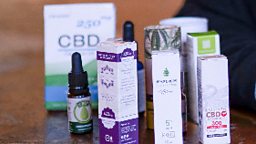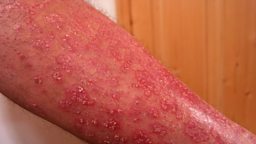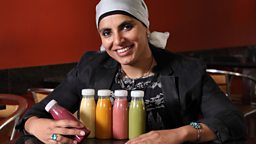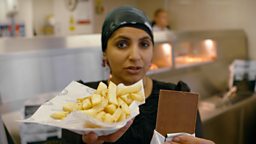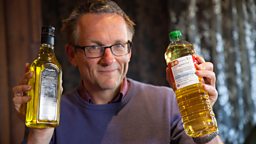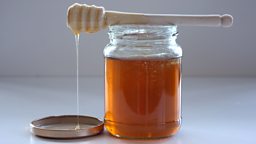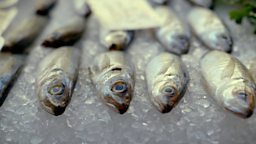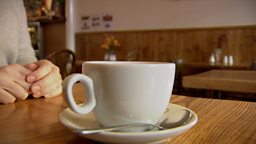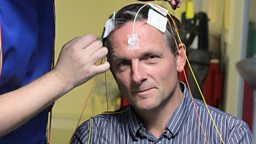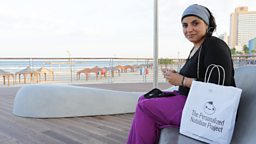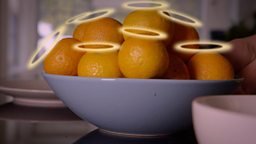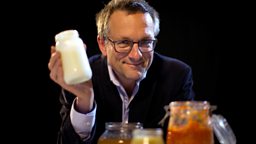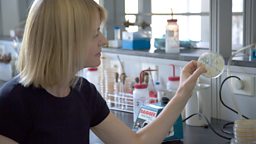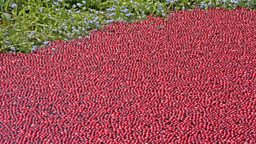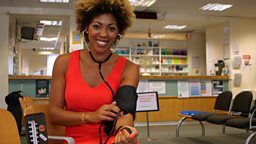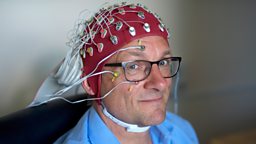Are there natural alternatives to HRT?
HRT (Hormone Replacement Therapy) is regularly prescribed to women to help manage the symptoms of the menopause.

The menopause usually occurs between the ages of 45 and 55, when a woman’s body no longer produces enough oestrogen and progesterone to release an egg and menstrual periods come to an end. It’s these fluctuations in hormone levels that can cause unpleasant symptoms like mood swings, hot flushes and joint pain.
HRT has been shown to help alleviate these symptoms by boosting the levels of female sex hormones in the body but whilst many women have found HRT helpful, it isn’t suitable for everyone, and there are risks to taking it (as there are with any medication).
HRT isn’t recommended for women with a history of breast cancer because oestrogen promotes the growth of breast cells. Some studies have also linked HRT to an increased risk of breast, womb and ovarian cancer, though this increased risk is small compared to many lifestyle risk factors like smoking and obesity.
So are there any natural alternatives for women who either can’t undertake, or don’t want to undertake, HRT?
Alternatives to HRT
There are hundreds of products on the market claiming to help alleviate the symptoms of the menopause, but only a small number have solid evidence to back up their claims. What’s more, most alternatives will only help with one problem at a time so you may need to consider different options depending on your symptoms.
St John’s Wort has been shown to help with mood swings and feelings of depression, but there is no evidence that it will help with hot flushes and you should consult your GP before using it because it can interfere with other medications. As for other supplements, the evidence is limited and we need more scientific studies to be done before we can be sure of any benefits.
There are also some products out there that you should be wary of as they have been shown to be ineffective or even unsafe. These include:
- Evening Primrose Oil, which may interact with other medication
- Ginseng, which can cause vaginal bleeding and is not effective for hot flushes
- High doses of vitamin E, which does not help with symptoms and can be very dangerous
For many women, hot flushes and mood swings are amongst the most disruptive symptoms, but there are some lifestyle changes that could help. One of the best options is exercise, which is also has wider benefits for overall health. Cutting down on alcohol, cigarettes and caffeine have also shown some benefits.
If your mood is a persistent problem, and you don’t wish to use HRT, your doctor may prescribe you some mild antidepressants or refer you to Cognitive Behavioural Therapy sessions.
Isoflavones
One alternative that is now generating substantial interest is phytoestrogens and in particular a group called isoflavones. These are compounds found in foods that can behave in a similar way to oestrogen in the body. Soya beans are a good source of isoflavones and it has long been remarked upon that in cultures where large amount of soya based foods are consumed, women suffer significantly fewer menopausal symptoms. Whether the same effects could be achieved if women start consuming soya based foods later in life is still unknown.
So far, limited evidence has come from a large analysis bringing together the results of studies where women were given a placebo or isoflavone supplement and asked to keep a diary of the frequency and intensity of their hot flushes. It was found that women who took supplements with more than 19 mg of genistein (a particular type of isoflavone) for over 12 weeks had a reduction in the frequency and severity of hot flushes by about 20%. However more research is needed in this area before real conclusions can be drawn, and it’s very possible that soya based foods may not help everyone as the active ingredient is thought to be released by the action of certain gut microbes, which only 30% of people of European descent have (people of Asian descent may be more likely to have them, but many more studies are required, including in people of other ethnic origins). Clover may contain the same isoflavones, and flaxseed contains a different type, which is broken down by different gut bacteria – but again not everyone has these.
After many studies, it is now fairly well agreed that phytoestrogens such as those found in soy do not increase the risk of breast cancer or other cancers. The molecules are not identical to oestrogen and appear not to have that effect, at least not at ‘normal’, dietary doses (high dose supplements have not been so well studied).
So if you do decide not to take HRT but want to manage the symptoms of the menopause, try more exercise, cut down on alcohol and coffee and maybe consider increasing the amount of tofu or other soya products, or flaxseed in your diet. You can’t know whether it will work for you unless you try it.
Most importantly, talk to your GP and your friends. The menopause can not only be stressful physically, but it can be a rollercoaster of emotions for women so talking and sharing your experiences can also be helpful.




